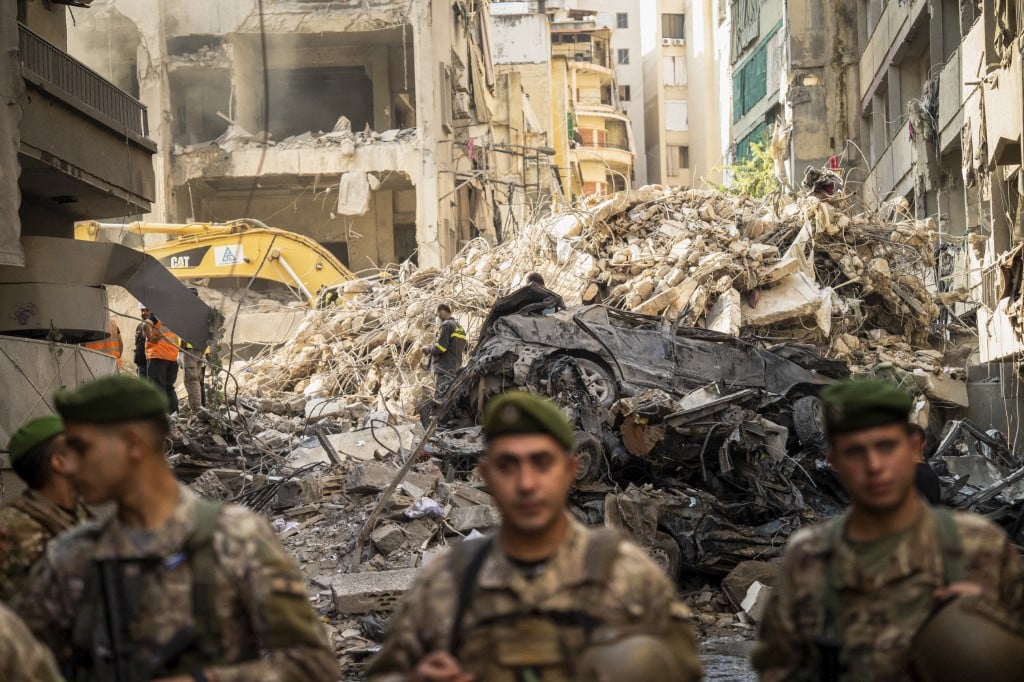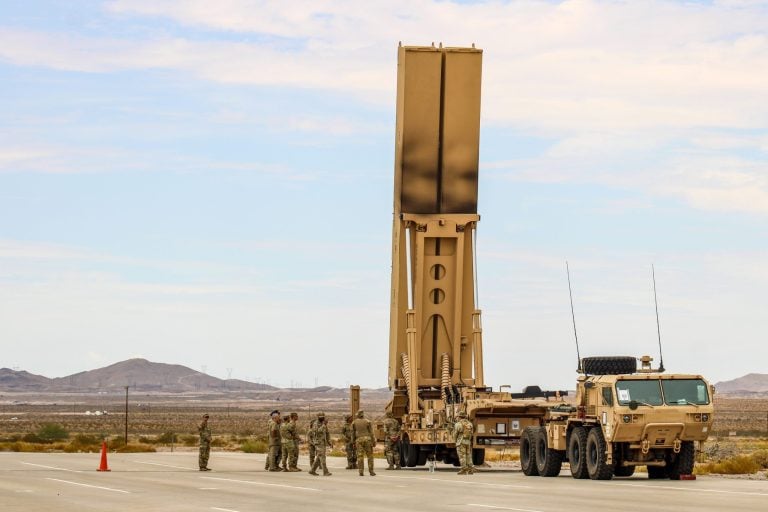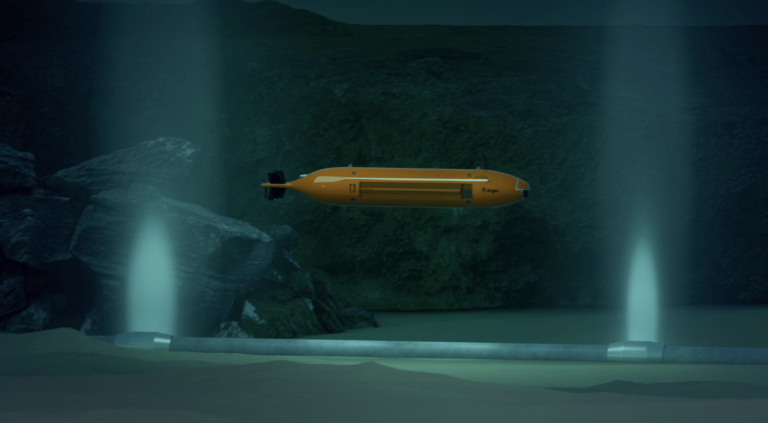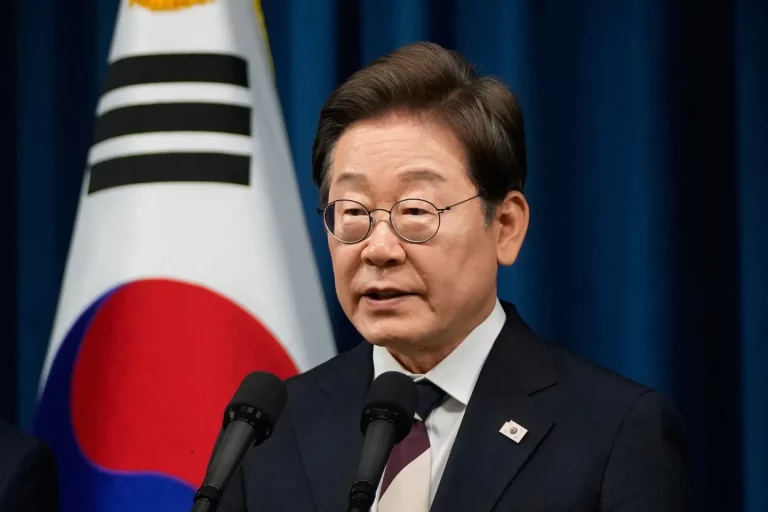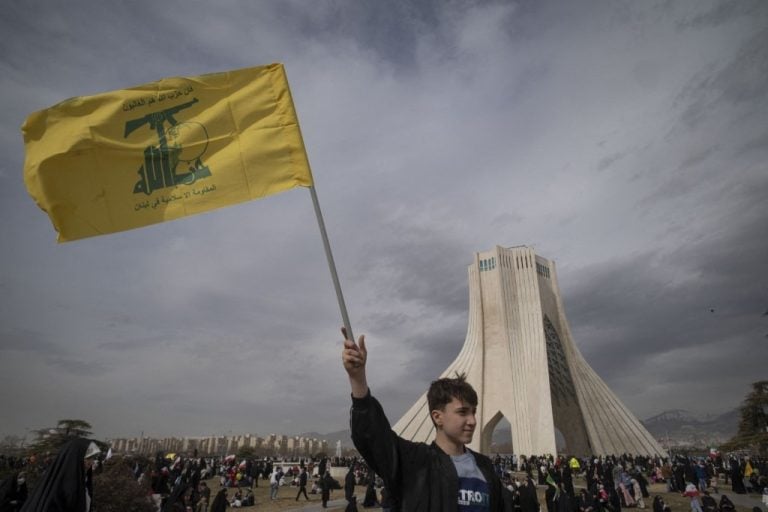Lebanon’s influential parliament speaker, Nabih Berri, made a firm statement rejecting Israel’s stipulation to remain in five specific locations in southern Lebanon beyond the designated ceasefire deadline set for next week. Berri emphasized that both he and high-ranking officials, including President General Joseph Aoun and Prime Minister Judge Nawaf Salam, are united in their opposition to this proposal.
The backdrop to this conflict involves the ongoing Israel-Hezbollah ceasefire, which has been in effect since November 27, following over a year of escalating tensions and hostilities, including two months of intense warfare. Under the terms of the ceasefire, Lebanon’s military was to coordinate with UN peacekeepers for the withdrawal of Israeli forces from southern Lebanon over a negotiated 60-day timeline, originally set to be completed by February 18. However, according to recent communication from U.S. officials, Israel plans to retain a military presence at five locations even after this deadline, a move that has sparked immediate backlash from Lebanese officials.
Berri conveyed that he had discussions with U.S. ambassador to Lebanon, Lisa Johnson, and Major General Jasper Jeffers, who co-chairs a five-party committee responsible for monitoring ceasefire adherence involving the U.S., France, Lebanon, Israel, and UN peacekeepers. During these discussions, Berri expressed his strong refusal to entertain any extensions to the withdrawal deadline. He underscored the U.S. responsibility to ensure Israel’s compliance with the ceasefire terms, warning that failure to secure the withdrawal could pose a significant setback for the Lebanese government.
The recent formation of a new Lebanese government under Prime Minister Nawaf Salam marks a significant political shift, ending a two-year period of governance by a caretaker administration, which has been characterized by a decline in the influence of Hezbollah. As the region stands at a critical juncture, accusations of ceasefire violations continue to circulate between both parties, complicating the fragile peace that has been established. The coming days will be crucial in determining whether the ceasefire arrangements can hold and how Lebanon responds to Israel’s proposed military presence post-February 18.
